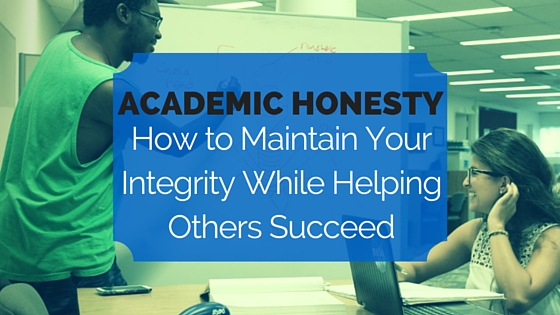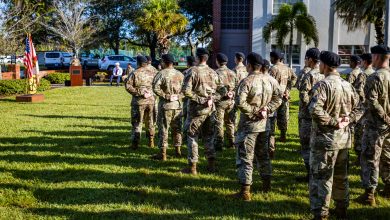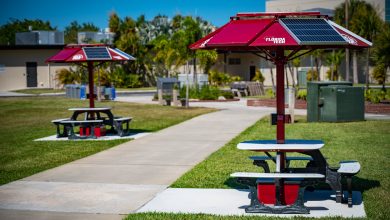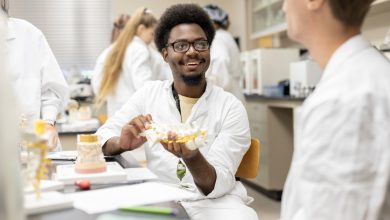Maintain Academic Honesty and Help Others Succeed
With final exams coming up in a month, academic honesty is a concern of many students and professors. Students are doubling down on their study time, project preparation, and report writing, and professors are constructing assessments to best measure their students’ learning over the semester. Some undergraduate students are setting the final pieces in place for summer learning opportunities or civic engagement experiences, while others are counting the days to graduation and a new job or graduate school. With so much happening, some students feel that engaging in academically dishonest practices is the only way to get everything done. For students who consistently do well in courses or who serve as academic role models in learning centers and student organizations, difficult situations can arise when friends and acquaintances ask for their help to cheat, copy, or plagiarize in the hopes of getting a better grade.
You owe it to yourself and your academic career to engage in academically honest practices. Knowing how to help others realize their own success without compromising your academic honesty can make the difference between finishing the semester on a positive note and being brought into a professor’s office to discuss charges of cheating and plagiarism. Florida Tech makes its Academic Honesty Policy available for students, faculty, and staff to review. Here are a few suggestions and strategies to use to protect yourself while still helping others to do well:
- Always do your own work, and insist that the other person/people do their own work. At the Academic Support Center, we train our tutors to have the student do any writing on paper and to limit their writing to the whiteboard. We also encourage our tutors to have the student write on the whiteboard alongside them while solving a problem; this not only encourages the student to do their own work, but that collaborative learning increases retention and helps in transfer of knowledge. When working in a study group to solve problems, do your own work and encourage others to try to solve problems and draw diagrams on their own first, rather than simply copying the best example. Consider writing short explanations next to steps on a problem or within the code to indicate that your thought process and solutions are your own, and not just a replication of another example.
- Be careful with lending old papers and lab reports to friends and acquaintances. When time is short and patience is thin, it can be tempting for even the best students to simply copy what another student wrote the previous semester or year. If a friend or acquaintance asks for an old essay or lab report, ask to sit with them to go over it and explain how you constructed your work. This helps the other person understand the process to use with their own thoughts and ideas, and it keeps the material with you to further protect you against any accusations of aiding another student in an academically dishonest practice.
- If something happens and you suspect that it could be academically dishonest, say something to the professor. Email the instructor to let them know what happened and why you are concerned, and request to meet with them face to face to further discuss the situation. This also applies to incidents during an exam, such as seeing a student using notes when none are permitted or using a cell phone to access information or text messages. Speaking with the instructor as soon as possible allows them to take action and maintain the academic integrity of the course.
- Plan your time wisely. Most students who succumb to the temptation to cheat do so because they don’t anticipate the amount of time they will need to spend on assignments and projects. Consider a three week study plan before finals that takes into account projects, end-of-semester celebrations, summer travel preparations, and day-to-day responsibilities. By starting early, you engage in distributed study methods that will increase knowledge retention, lower stress, and ensure a strong finish to the semester.
To learn more about academic honesty, cheating, and plagiarism, please review “Academic Integrity & Academic Dishonesty” by Dr. Lars R. Jones. This handbook is an excellent resource and provides several examples of different academically dishonest practices and how students can avoid them.





